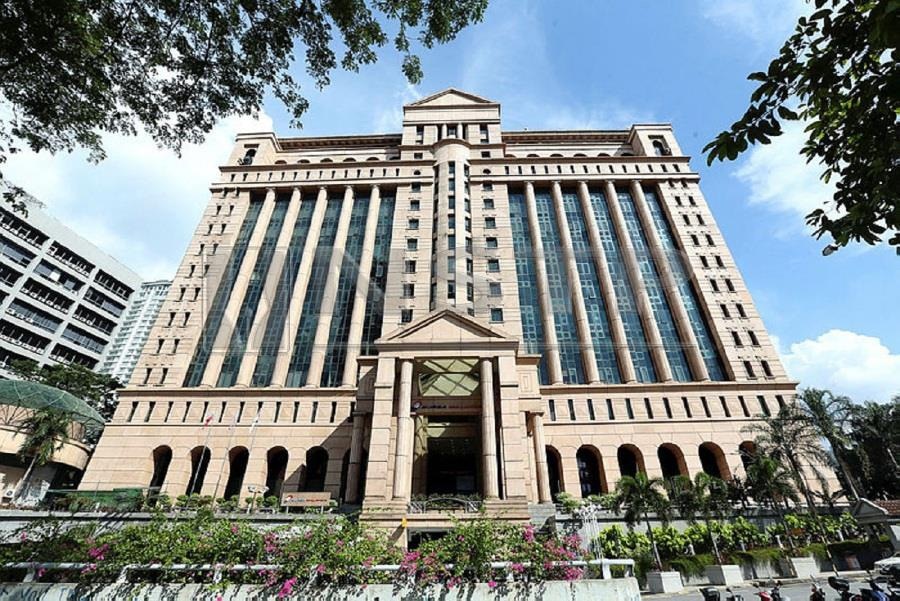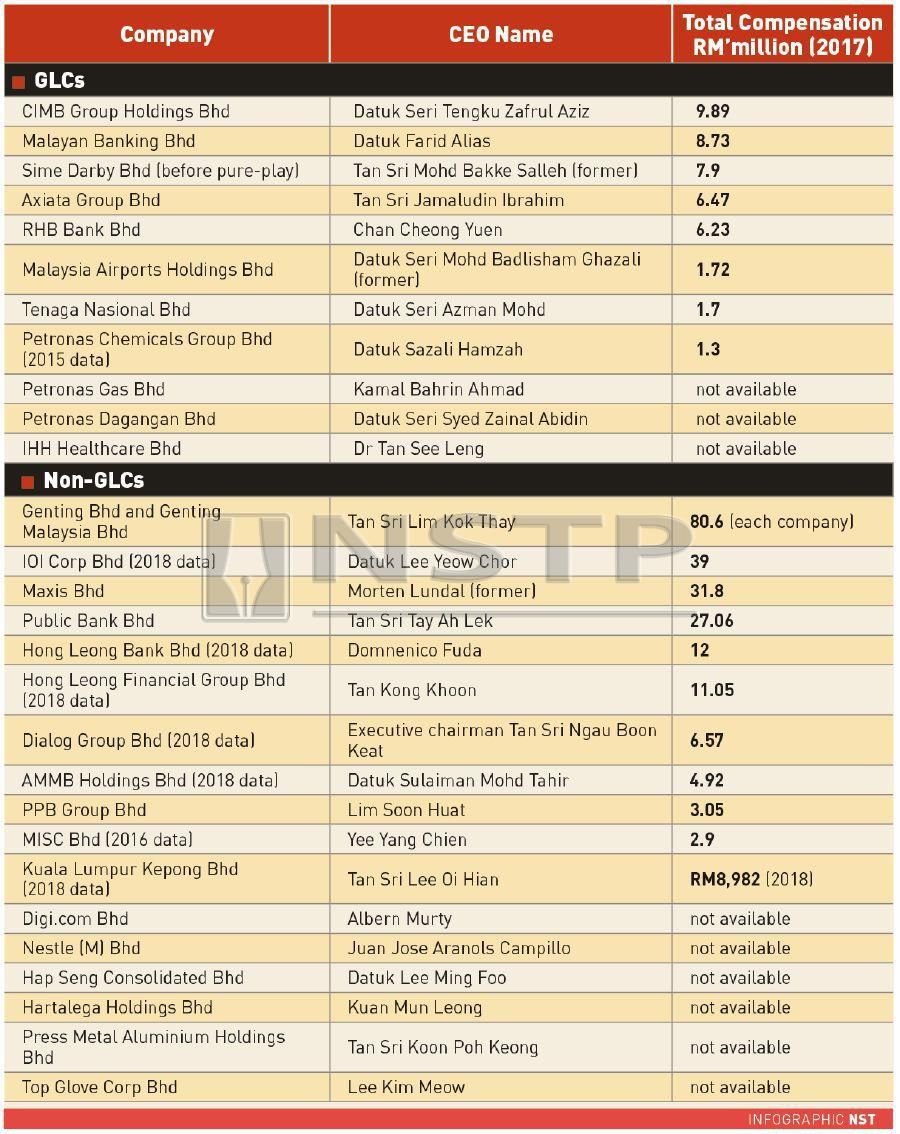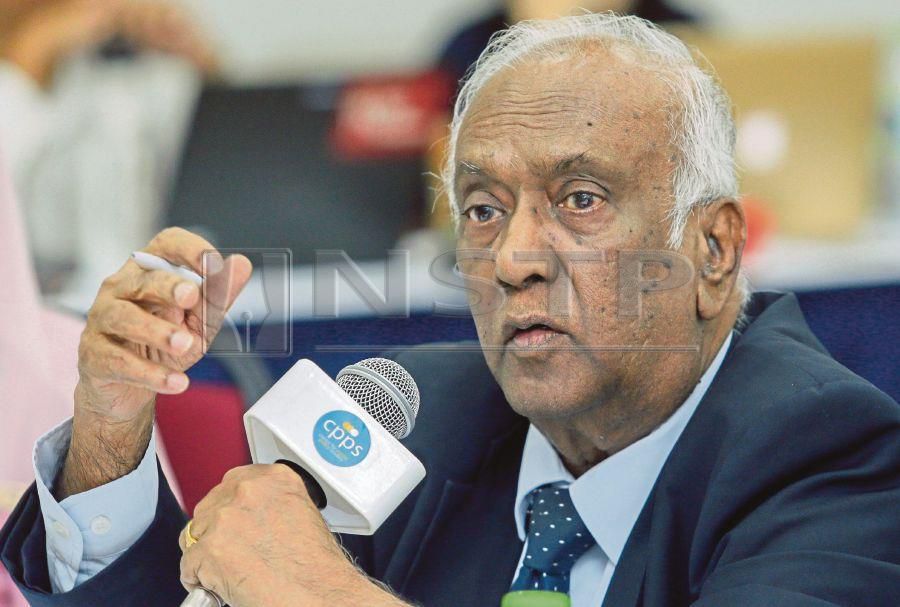‘GLC CEOs’ pay hard to justify’

The salaries and bonuses, which keep rising every year, were hard to justify given the huge talent pool in the market, as well as the element of public service that applied to government-linked outfits.
(NST) – The government’s revamp of government-linked companies’ (GLC) boardrooms should encompass the compensation these corporate leaders take home every year, which is excessive in most cases, economists said.
They said the salaries and bonuses, which keep rising every year, were hard to justify given the huge talent pool in the market, as well as the element of public service that applied to government-linked outfits.
An analysis of FTSE Bursa Malaysia KLCI 30 companies, based on the latest available data from annual reports and Bloomberg, shows that top executives of GLCs earn RM5.5 million a year on average.
This average compensation that GLC chief executive officers (CEOs) get is 22,816 per cent or 229 times more than the median salary Malaysian citizens take home every year.
Based on the latest report by the Department of Statistics Malaysia, the median monthly salaries of Malaysian citizens stood at RM2,160 in 2017.
Available data indicates that some CEOs earn as much as those from non-GLCs, who earn a minimum RM3 million a year in compensation. Others, earning just over RM1 million a year, take home less than their non-GLC counterparts.

According to PayScale — an online research portal that analyses and compares average salaries of employers and employees — an experienced CEO, which includes employees with 10 to 20 years of experience, earns an average total compensation of RM318,000 based on 60 salaries.
It said a CEO with late-career experience, which includes employees with greater than 20 years of experience, earns an average total compensation of RM504,000 based on 55 salaries.
Asian Strategy & Leadership Institute (Asli) Centre of Public Policy Studies chairman Tan Sri Ramon Navaratnam said GLC corporate leaders had an element of public service to their position as they were appointed to do the job for the government and people.

“I think the compensation is excessive, and I believe it should be looked into by the government when considering changes in top executive positions.
“If you compare with the salaries of the prime minister and other ministers, they do not earn as much as that,” he told NST Business.
Putra Business School business development manager Associate Professor Dr Ahmed Razman Abdul Latiff said if CEOs were founders and major shareholders of their companies, then the higher pay was reasonable and they deserved it as they represented the companies.

As for those working in GLCs, it was harder to justify because the argument that there were not many people who could become CEOs was no longer valid, he said.
“There are lots of professionals who can do the same job like them, if not better.
“We are not short of capable leaders who are willing to serve GLCs even for lower salaries.”

